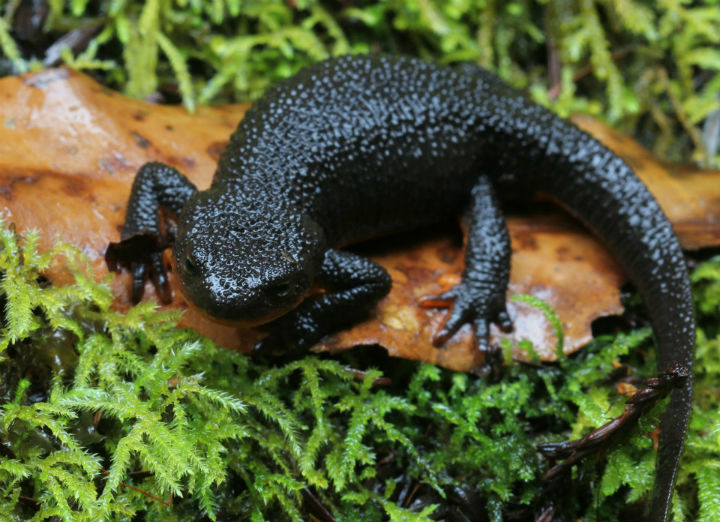KAYAKING & VAN DAMME STATE PARK
Connie and I having a super tasty breakfast at Los Gatos Cafe.
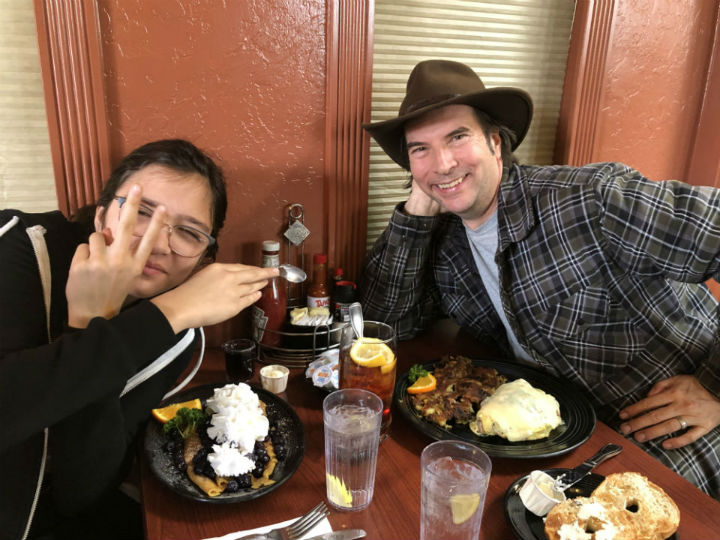
Connie's dad, Lenny, and I went kayaking on Lexington Reservoir that day.
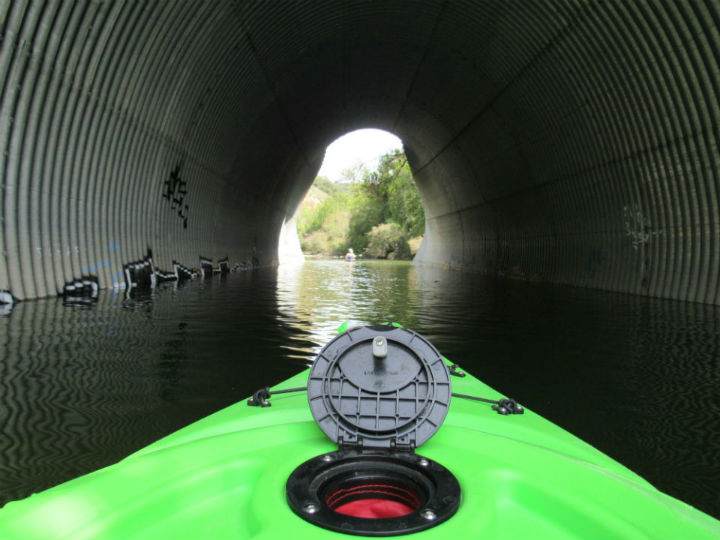
A Western Painted Turtle, given the common name "painted" because of its vibrant colors.
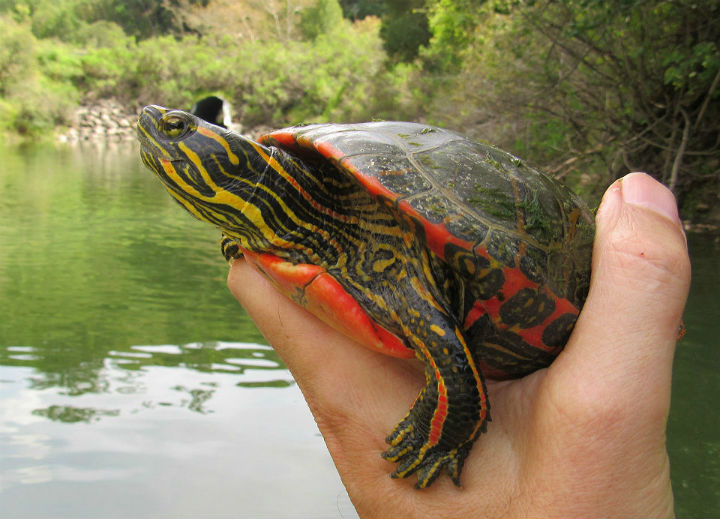
A homemade newt crossing sign.
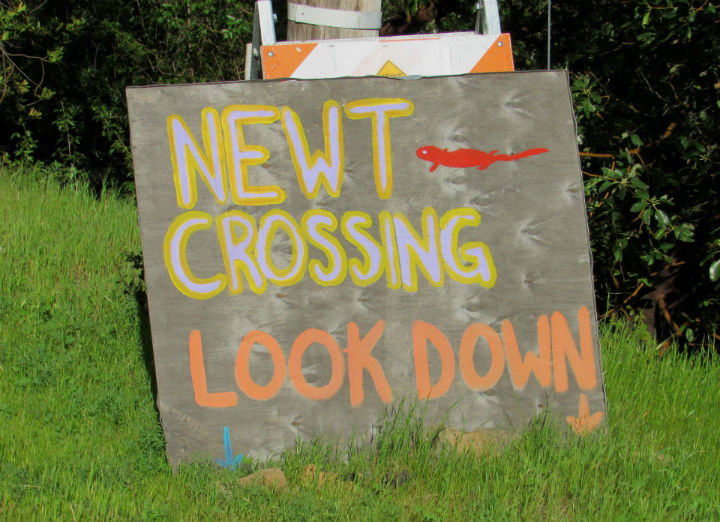
California Newt, the most terrestrial of all western newts.
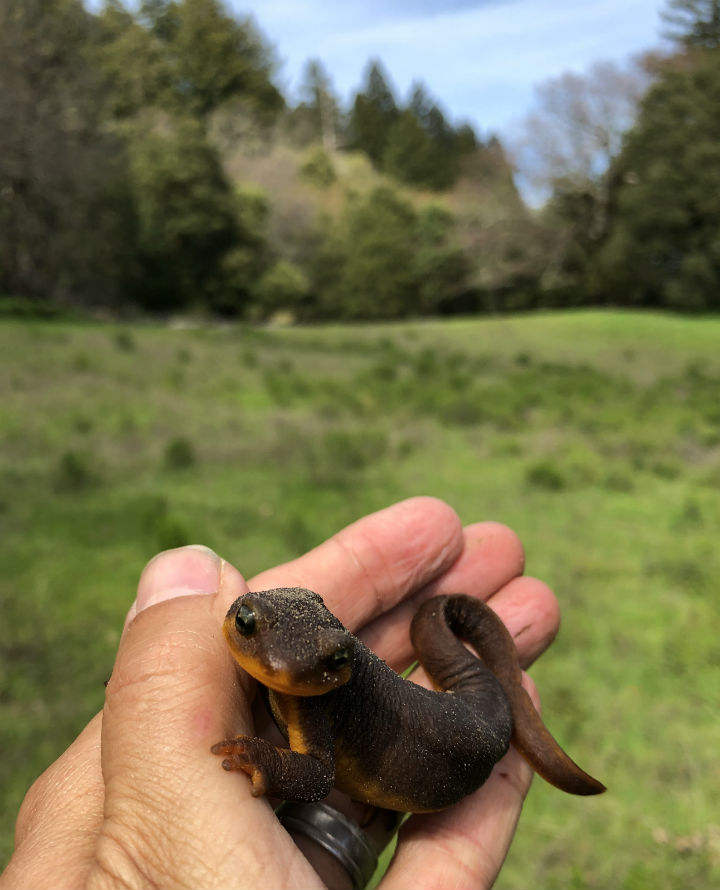
A "professional" newt crossing sign.
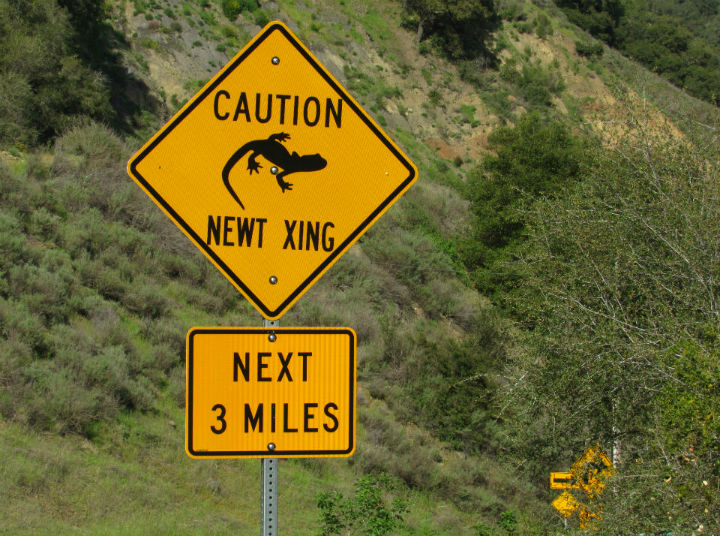
A Rough-skinned Newt, the most toxic amphibian in the Pacific Northwest. Its bright orange coloration serves as a warning not to eat it.
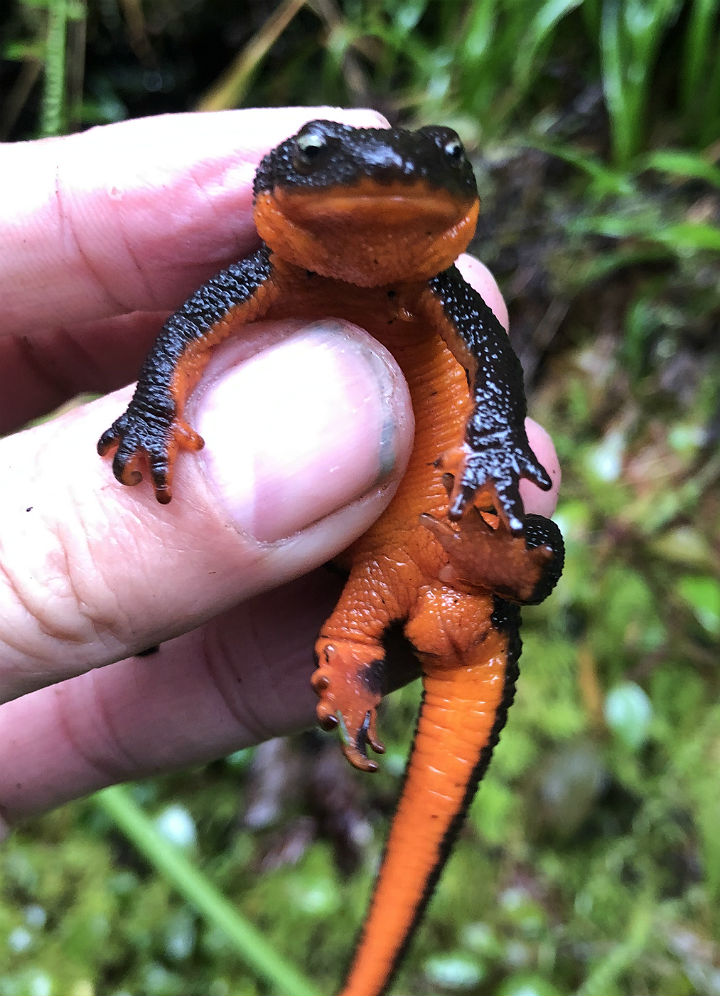
A melanistic Red-eared Slider - these turtles often darken with age and in some cases can appear completely black.
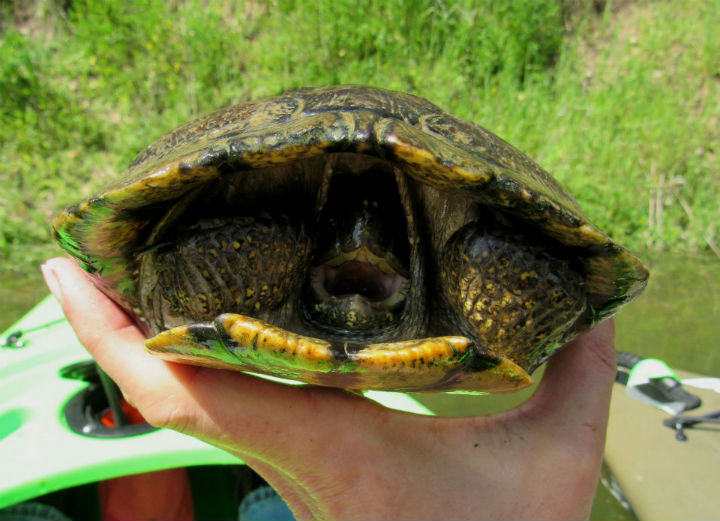
On the following day I took a trip to Mendicino County.
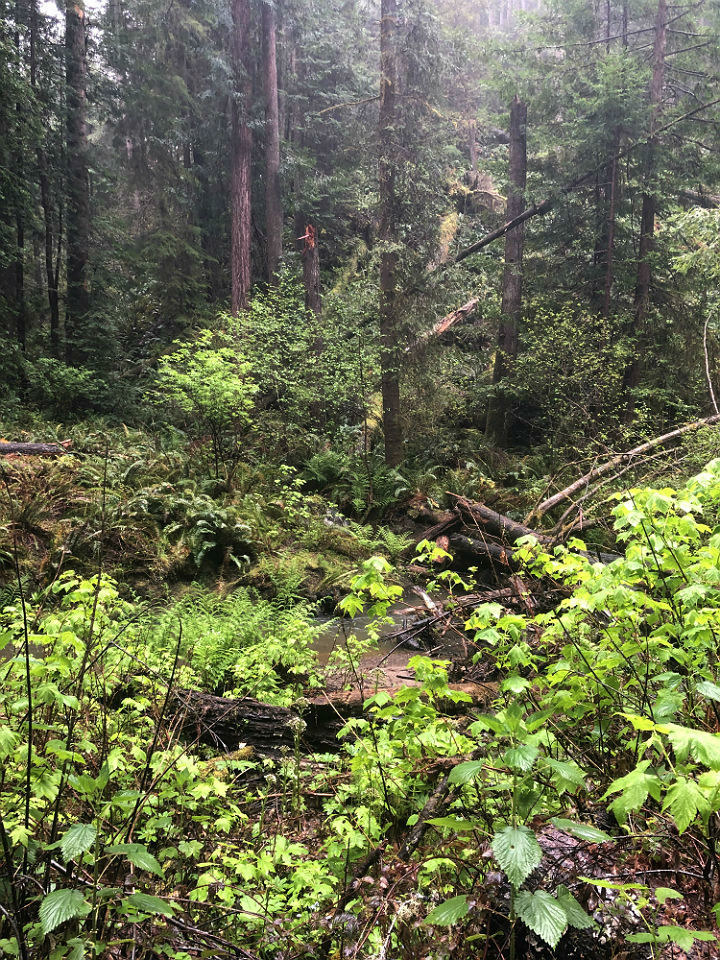
Banana Slugs are the world's second largest slug, capable of reaching 10 inches in length.
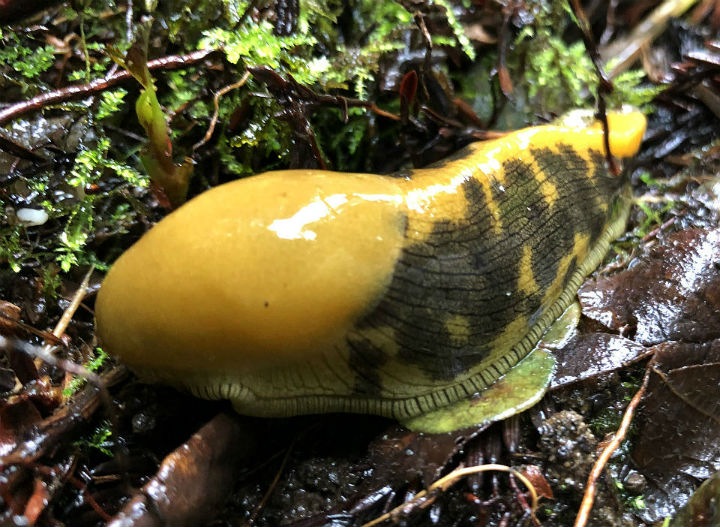
A California Slender Salamander.
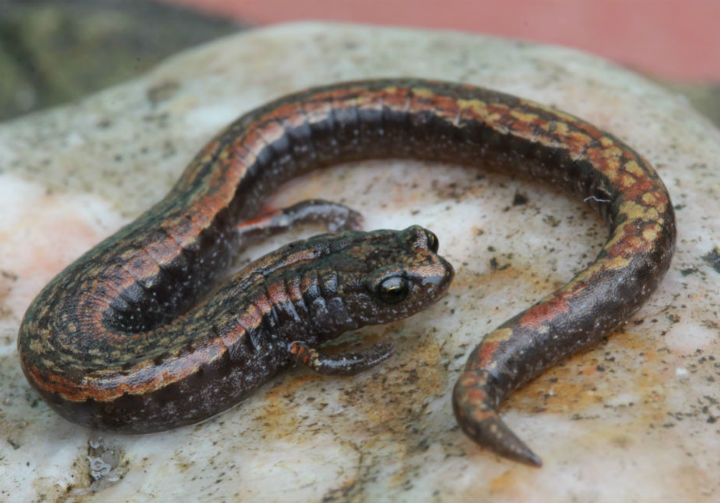
A classic spring wildflower - Trillium, with "bonus" baby Banana Slug.
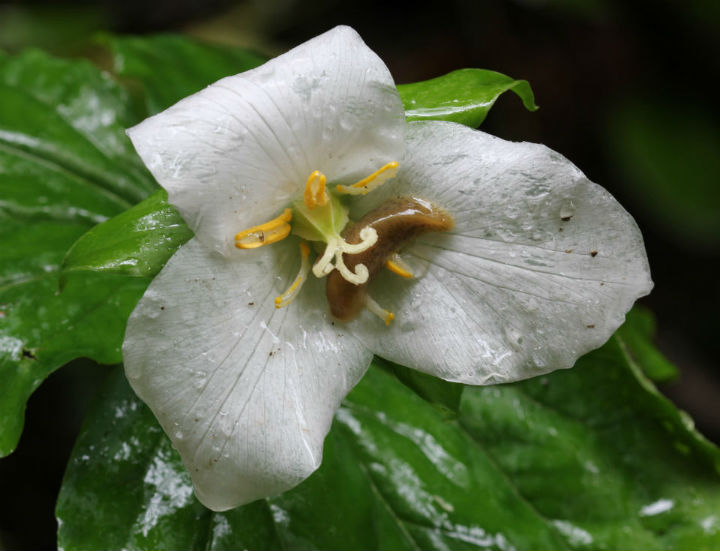
It was a great day for amphibians - I found two California Giant Salamanders.
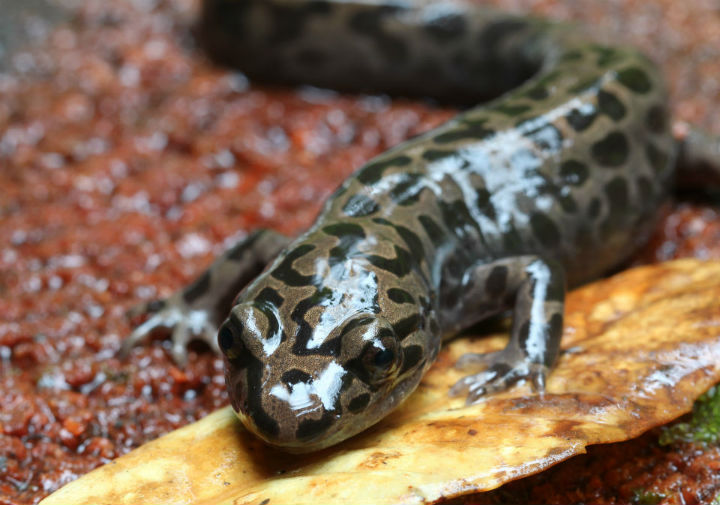
A spider they preys on pillbugs known as a Woodlouse Hunter.
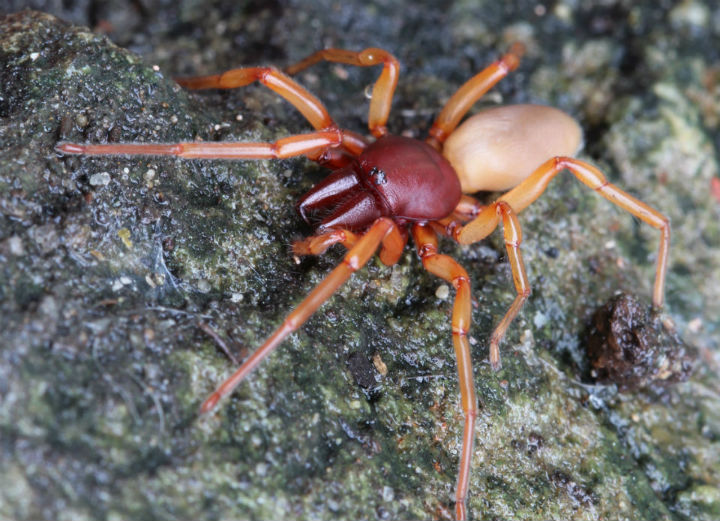
An excellent "rainy day" find - a California Red-sided Garter Snake.
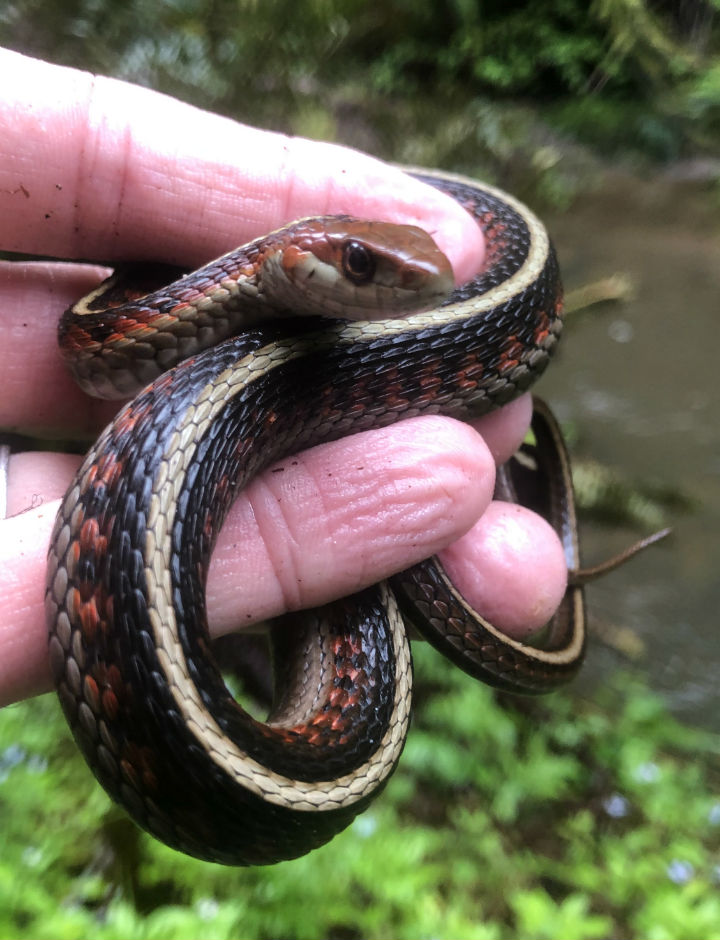
My second California Giant Salamander was even larger than the first.
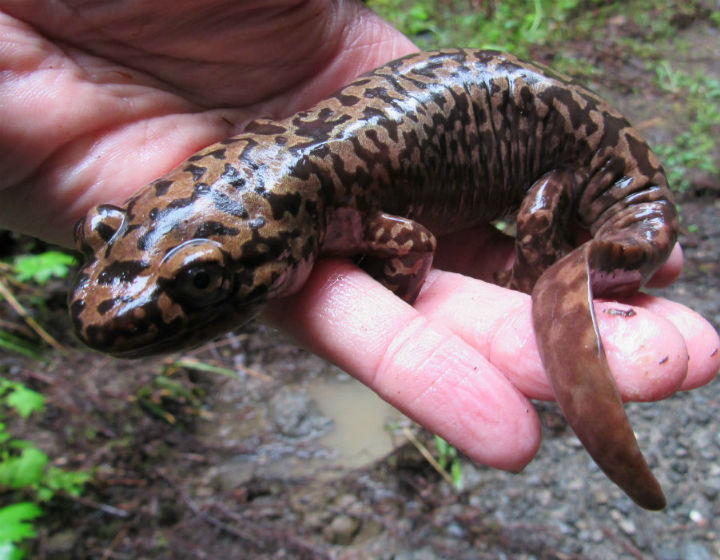
Coast Redwoods - the world's tallest trees.
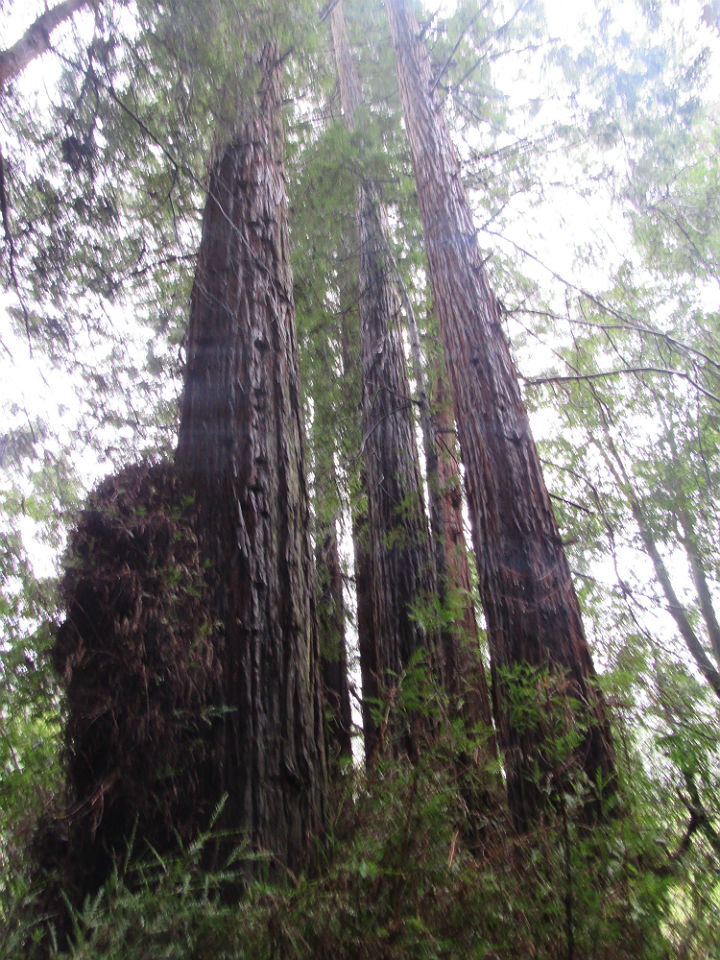
A Rough-skinned Newt showing off just how bumpy their skin can be.
